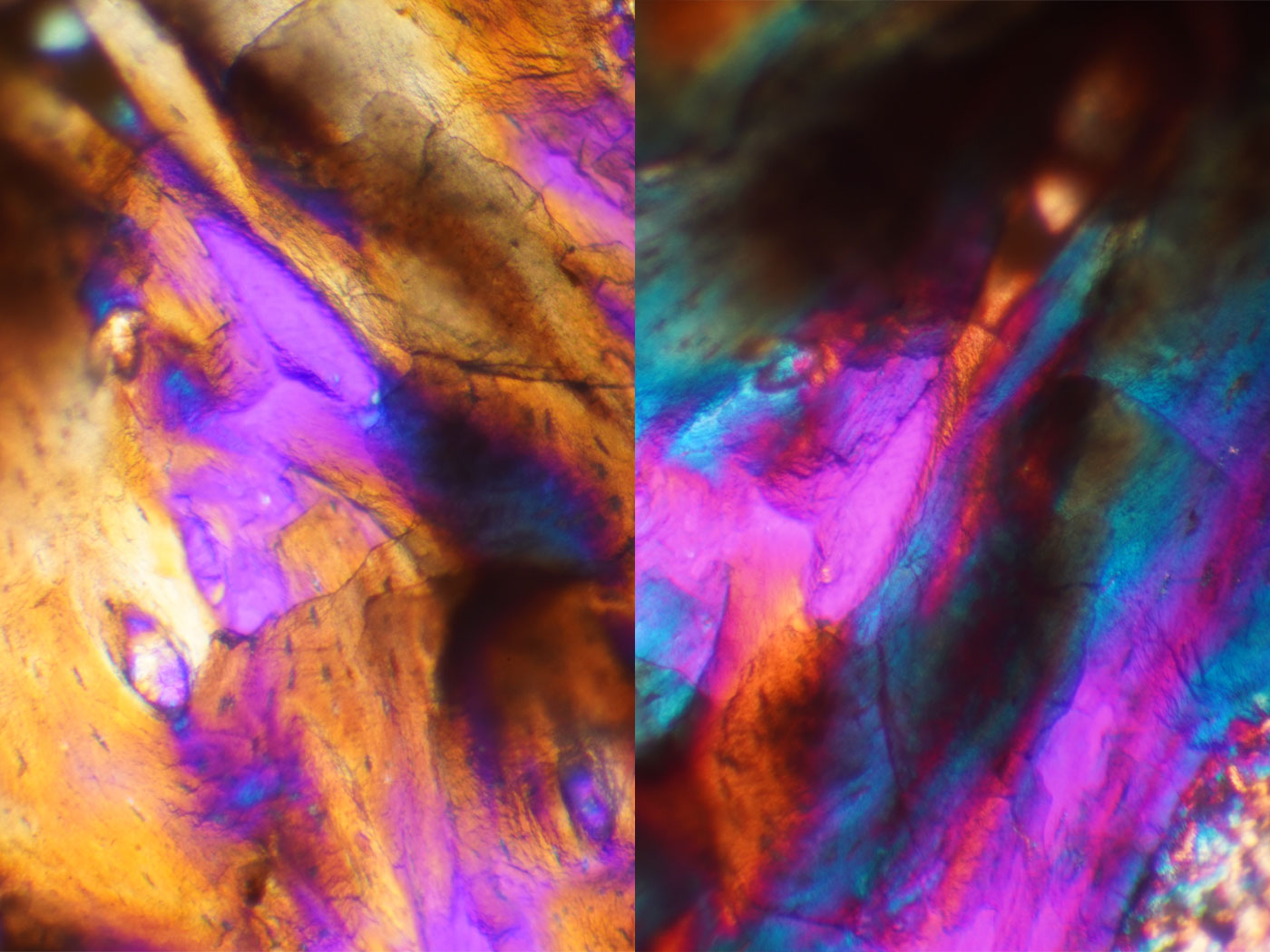
Multifunctional Genes Indicate Ingenious Programming
Computer programs are written in coded computer languages, and sometimes the same piece of code can be reused in different programs to perform new functions. This way, programmers save time and energy by not having to invent new code. For this to work, however, the programmer must intentionally specify how each program will use the recycled code to perform the designated functions.

Gecko Eyes Make Great Night Vision Cameras
Certain gecko lizards can see color in dim light. That means these geckos’ eyes are about 350 times more sensitive than human eyes, which see only black and white in the same conditions. Can evolution account for the origin of the remarkable machinery that enables these nocturnal creatures to see so well?

Cod Still Recovering from Darwin Bulldog's Bite
Cod fish dominated massive areas of the North Atlantic Ocean until somewhat recently, when their numbers dramatically dwindled due to overfishing. Interestingly, that population decline can be directly attributed to the advice of an outspoken evolutionist.

New Fossil Hype Fits Old Pattern
Even evolutionary paleontologists are largely convinced that the media’s recent promotion of a new “missing link” is a monumental overstatement. There is little doubt that the hype surrounding the fossilized lemur “Ida” is primarily bluff and bluster.1 But her media campaign may actually be a more significant story than the fossil itself.

Huge Virus a Missing Link?
In 1992, researchers discovered a giant virus with so much DNA that some have called it a “viral missing link.” Evolutionary scientists claimed that it has features that reflect both a living cell and non-living matter, and may thus provide a clue as to the origin of the first cell.1 But new high resolution images and a closer inspection of this massive virus actually point to design











